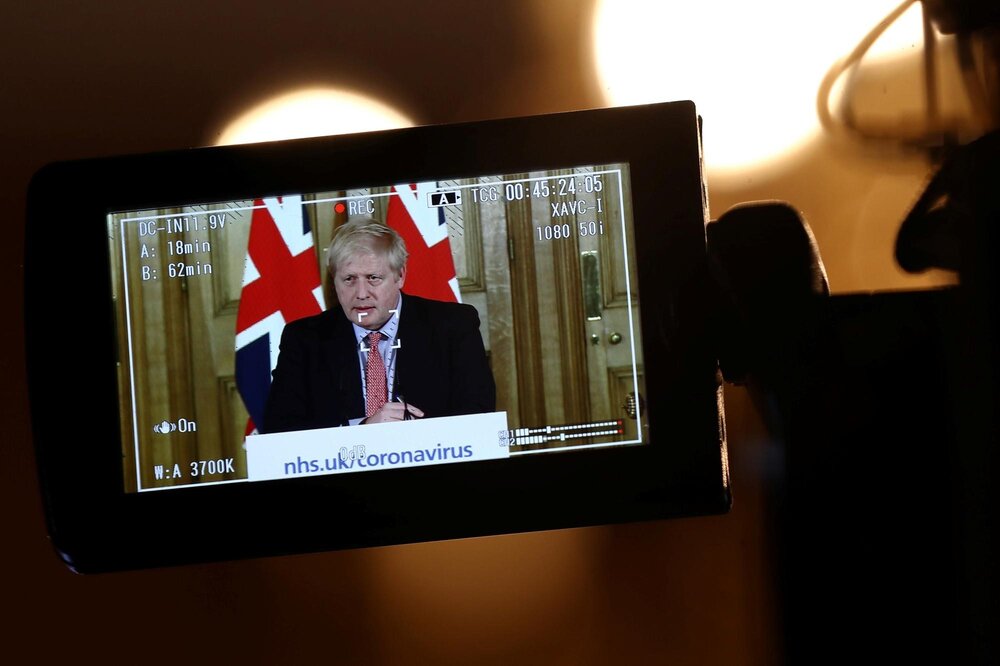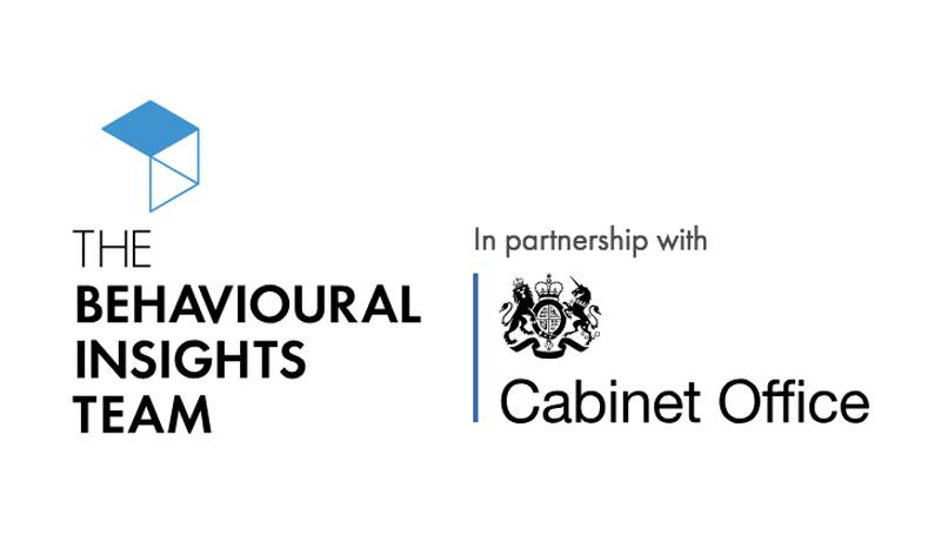In this era of social networks, communication has reached new levels of virality. The Network of Networks – the Internet – has facilitated the creation of a new status quo: from governments and businesses to common citizens, each piece of information inserted and shared in the Web has the potential (given some very small probability factors) to become viral. If that happens, it cannot be stopped. No matter how far you are from the formal location where the original information fluctuates you will know about it. And it only needs a fraction of seconds.
How should people be in such an environment? At the current speed at which media spread, even words have tremendous impact when misused. Likewise, silences also have a tragic impact when speech is needed. There is a need to be fast and ready to process information. In the case of politicians, words mean actions, words mean decisions, and these decisions impact much more than themselves: they affect millions of lives.
One lesson that Behavioral Science has taught well is how it is human nature to systematically make mistakes in evaluating circumstances. This comes with no shame: our ancestors needed to make decisions quite fast, and that led us to develop mechanisms to quickly judge whether a shadow was one of a rock or say, a lion. This is no different at this time, as we are still required to make these fast decisions. Politicians, corporate top management, governmental bodies’ leaders, some people’s job is to make decisions better than others for others. Yet, very often is forgotten how even our leaders are human. As so, they are equally prone to the same heuristics of anybody else. Yes, they may be more aware, and yes, they are skilled decision makers (usually), but emergency situations require quick reactions.
Our brain is programmed to follow a more rational, logic system (lets call it system 2) when decisions are complicated and require abstraction. However, most is processed by a quick, instinctive mechanism (that we call system 1). The latter, is the one responsible for both convenient intellectual shortcuts as well as for all of our biases and heuristics.
Availability is the name for the heuristics that describes how we evaluate situations based on examples that come up to our mind. This is among the main reasons why people are more scared about a plane crash when the news has reported one unlucky case, ignoring how many flights are done daily, yearly, with virtually no accident.
For the same reason, when something has never happened (or, to better put it, has never happened while we were conscious and alive…), we fail to capture the potential consequences of that event dramatically. We human beings are simply very bad at evaluating probabilities. Again, this is true even for the most capable, skilled leaders! (see our article on Nudging for more insights)
The work of behavioral economists has helped highlight this condition. Starting from the first inception with the research of psychologists and Nobel prize recipient Daniel Kahneman and his fellow Amos Tversky, the more recent work of economists such as Richard Thaler and Dan Ariely (author of the acclaimed Nudge and Misbehaving, among others), helped spreading awareness about the potential benefits of the behavioral science among various high ranks. President Obama himself has been a perpetrator of the nudging theories in his second mandate; yet, it is a case rather than the norm.

Availability heuristics, Groupthink (the tendency of believing something just because others believe it), Inertia and many other cognitive and emotional biases, help us explain why governments failed to evaluate the Covid-19 threat on a systematic, large scale. Why did this happen, despite early warnings and examples by the first victims, from China to South Korea? No simple answer is the right answer: many actors from different contexts with different interests likely lead to an environment where cooperation and mission alignment is tough to achieve. But one thing we can be sure: we are all humans, and as such, as scientific research has demonstrated, we are all prone to biased decision making. Through this, perhaps we could find a common denominator, a common ground for global discussion, from individual to country level.
The current situation shows how the role of behavioral science is still unclear. As an example, the UK has indeed a behavioral insights team operating. In the last days, the debate is around the decision of prime minister Boris Johnson not to enforce quarantine measures but rather “nudge around” the situation. Is it the right choice? Is it the right time to act like this? Is behavioral science going to be blamed in case the decision doesn’t have the hoped results? Still, the ultimate decision power doesn’t lie in behavioral units, but in politicians. Takes unbiased foresight for a leader to understand when a threat has to be taken seriously despite no direct consequence can be observed in his/her community. In this case, we should keep in mind that it is the prime minister’s decision on when to take action and who to ask for collaboration from.

Should perhaps behavioral science be first a way to improve decisions at a widespread individual level, before becoming a toy at disposal of biased leaders? Behavioral units are still scarce, with a bunch of countries actively using them. We shall see how events unfold…
Take this little quiz to test which system you’re naturally relying on to read a piece:
1-A bat and a ball cost 1.10€ in total. The bat costs 1.00€ more than the ball. How much does the ball cost? … cents
2-If it takes 5 machines 5 minutes to make 5 widgets, how long would it take 100 machines to make 100 widgets? …Minutes
3-In a lake, there is a patch of lily pads. Every day, the patch doubles in size. If it takes 48 days for the patch to cover the entire lake, how long would it take for the patch to cover half of the lake? …days
To check your answers go to our instagram/web page. Did you get them? Maybe just some? If you’re interested in exploring more of the research behind “clever formulations” and its applications, consider the read of “Nudge”, by Richard Thaler and Cass Sunstein.
Sources: The Guardian, Politico, Apolitical, The conversation, Behavioural Economics.com, Springer
QUIZZ SOLUTIONS:
1- (5 cents)
2-(5 minutes)
3-(47 days)

